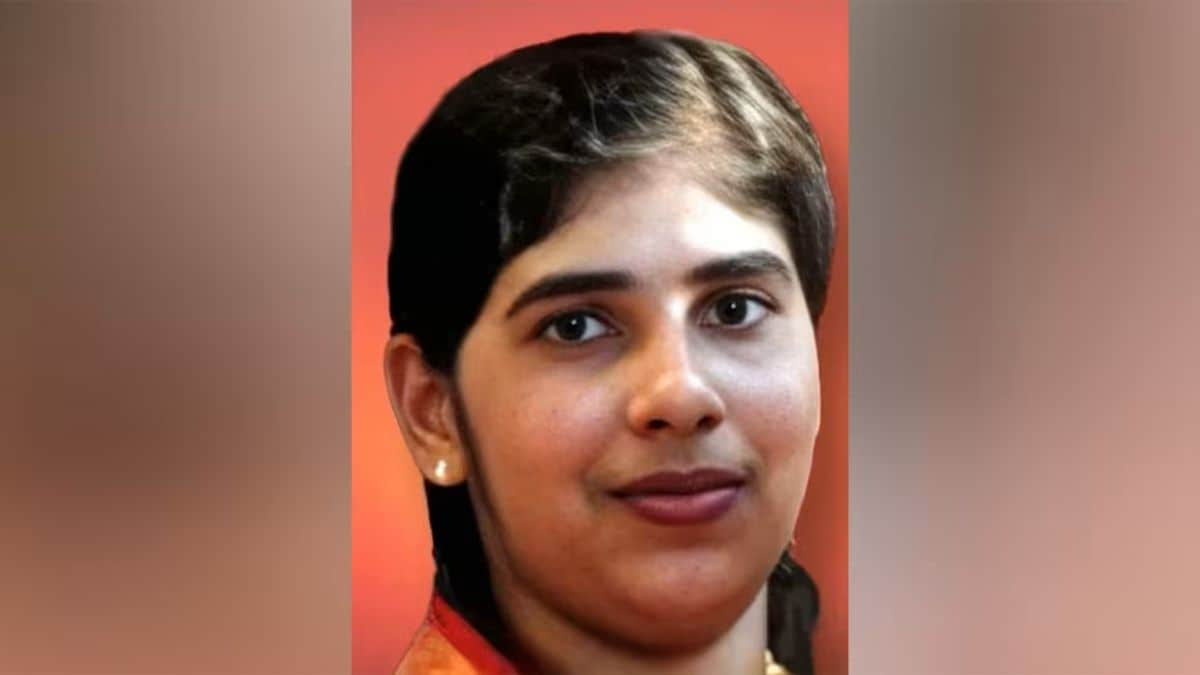

The eleventh-hour reprieve for Nimisha Priya, an Indian nurse sentenced to death in Yemen, came after intense diplomatic and religious interventions. Originally scheduled for execution on July 16, 2025, her life was temporarily spared following last-minute talks with the victim's family.
Nimisha Priya's case dates back to 2017 when she was accused of murdering her business partner, Talal Abdo Mahdi. Nimisha, who moved to Yemen in 2008, partnered with Mahdi to open a clinic in Sana'a. According to Nimisha, the partnership turned abusive; she alleged that Mahdi confiscated her passport, forged documents, and subjected her to physical and sexual assault, effectively trapping her in Yemen. In an attempt to retrieve her passport, she tried to sedate him, but he died from an overdose. Subsequently, she dismembered his body and disposed of it in a water tank with the help of a colleague. She was arrested while attempting to flee the country.
In 2018, Nimisha was convicted of murder, and in 2020, a Yemeni court sentenced her to death. Her appeal was dismissed by Yemen's Supreme Judicial Council in November 2023. Since then, she has been imprisoned in Sana'a, a city controlled by Iran-backed Houthis, where India has no formal diplomatic ties.
Several factors contributed to the postponement of the execution. Sustained diplomatic efforts by the Indian government played a crucial role. Indian officials have been in regular contact with local jail authorities and the prosecutor's office. The intervention of influential religious leaders from Kerala, including the Grand Mufti of India, Sheikh Abubakr Ahmad, was also pivotal. Sheikh Abubakr Ahmad reached out to Yemeni cleric Sheikh Habib Umar bin Hafiz, who engaged with the victim's family.
For the first time since the case began, the brother of the victim engaged in talks. These discussions, which extended late into the night, led to the deferral of the execution.
Despite these efforts, challenges remain. The family of Talal Abdo Mahdi is demanding "Qisas," an Islamic law principle of retaliation in kind, which in this case means the execution of Nimisha Priya. They have rejected offers of blood money (Diyah), which, under Yemeni Sharia law, would allow them to accept financial compensation in exchange for pardoning Nimisha. Abdel Fateh Mahdi, the victim's brother, has denied Nimisha's claims of abuse and exploitation, dismissing them as rumors.
The Indian government is providing all possible assistance to Nimisha and is trying to reach a mutually agreeable solution with all parties involved. The postponement provides an opportunity to continue negotiations and explore options to save her life.